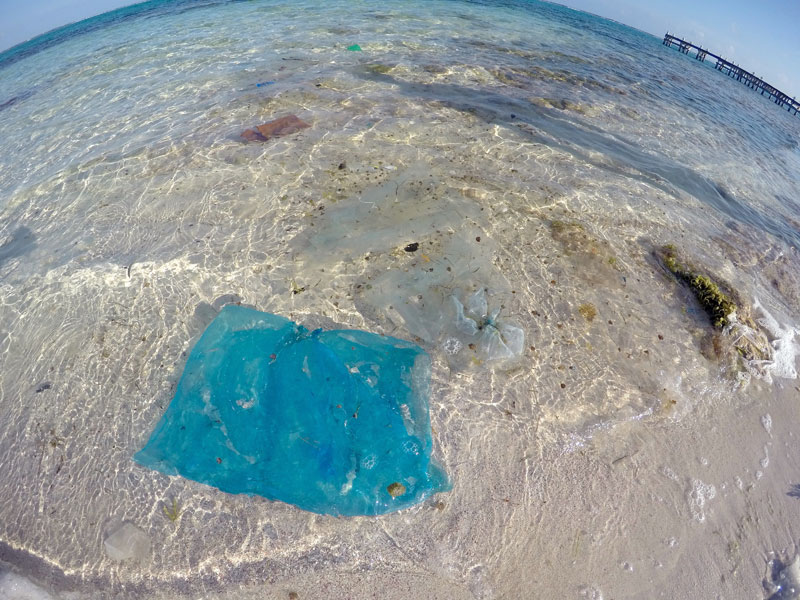
Photograph: © SAF — Coastal Care.
Excerpts;
Australia becomes the latest country to join the movement to turn the tide on plastic, as Melissa Price, the country’s minister of the Environment, announces that the country is joining the Clean Seas campaign.
The announcement came on Monday 29 October on the sidelines of the Our Ocean conference in Bali, Indonesia. Australia presented ambitious targets as part of its Clean Seas commitment. Among other things, the country is pledging that 100 per cent of Australia’s packaging will be reusable, compostable or recyclable by 2025, 70 per cent will be recycled or composted by 2025, and that problematic and unnecessary single-use packing will be phased out through design, innovation or introduction of alternatives.
The announcement makes Australia the 56th country to sign up to the Clean Seas campaign, joining an ever-growing list of countries that are taking action to tackle marine plastic pollution…
Read Full Article; UNEP (10-30-2018)
Biodegradable plastic ‘false solution’ for ocean waste problem; Guardian UK (05-23-2016)
Only 14% of plastics are recycled – can tech innovation tackle the rest? Guardian UK (02-22-2017)
Billions of pounds of plastic waste are littering the world’s oceans. Now, an organic chemist and a sailboat captain report that they are developing a process to reuse certain plastics, transforming them from worthless trash into a valuable diesel fuel with a small mobile reactor that could operate on land or at sea…
More Recycling Won’t Solve Plastic Pollution; Scientific American (07-06-2018)
More than 8. 3 billion tons of plastics made: Most has now been discarded; Science Daily (07-19-2017)
Humans have created 8.3 billion metric tons of plastics since large-scale production of the synthetic materials began in the early 1950s, and most of it now resides in landfills or the natural environment, according to a study.
These 10 companies are flooding the planet with throwaway plastic; Greenpeace (10-09-2018)
Nine months, six continents, 239 cleanup events, and more than 187,000 pieces of trash later, we now have the most comprehensive snapshot to date of how corporations are contributing to the global plastic pollution problem…
Video captures moment plastic enters food chain, BBC News (03-11-2017)
A scientist has filmed the moment plastic microfibre is ingested by plankton, illustrating how the material is affecting life beneath the waves. The footage shows one way that plastic waste could be entering the marine and global food chain…
New UN report finds marine debris harming more than 800 species, costing countries millions; United Nations (12-05-2016)
Marine debris is negatively affecting more than 800 animal species and causing serious losses to many countries’ economies, according to a United Nations report launched December 5th, 2016…
Plastic Pollution: “When The Mermaids Cry: The Great Plastic Tide,” Coastal Care
Plastic is versatile, lightweight, flexible, moisture resistant, strong, and relatively inexpensive. Those are the attractive qualities that lead us, around the world, to such a voracious appetite and over-consumption of plastic goods. However, durable and very slow to degrade, plastic materials that are used in the production of so many products all, ultimately, become waste with staying power. Our tremendous attraction to plastic, coupled with an undeniable behavioral propensity of increasingly over-consuming, discarding, littering and thus polluting, has become a combination of lethal nature…
To clean up ocean plastics, increase focus on coasts, Science Daily (01-19-2016)
The most efficient way to clean up ocean plastics and avoid harming ecosystems is to place plastic collectors near coasts, according to a new study…
You Can Help Turn the Tide on Plastic. Here’s How; The National Geographic (05-26-2018)
Do these six pain-free things, and you’ll help reduce the impact plastic is having on oceans and other waterways around the world…









